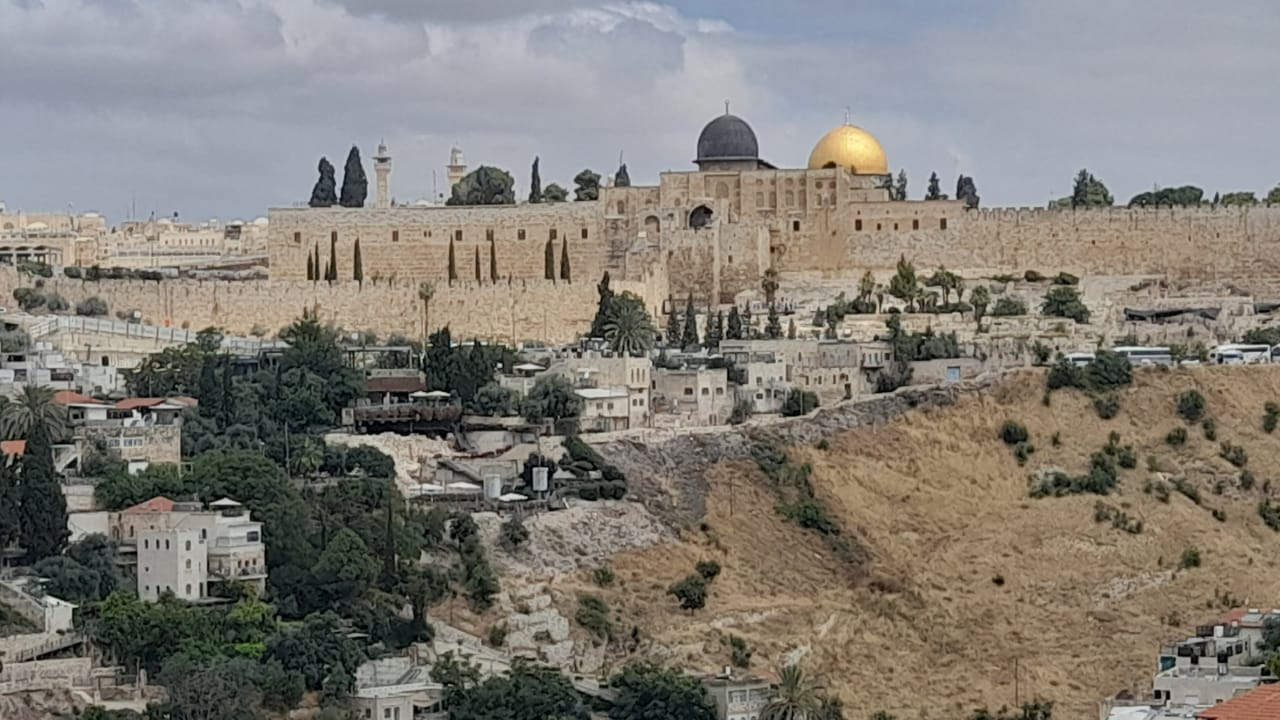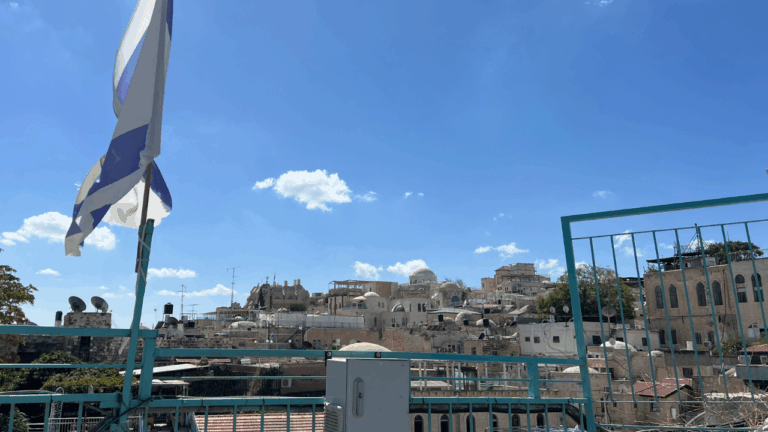Feeling Awe In Jerusalem
In our parsha, Moshe highlights the importance of fearing God. In an important summary statement, Moshe delineates some of the general goals of the entire Torah:
And now, O Israel, what does the Lord, your God, ask of you? Only to fear the Lord, your God, to walk in all His ways and to love Him, and to worship the Lord, your God, with all your heart and with all your soul. to keep the commandments of the Lord and His statutes, which I command you this day, for your good.
The first item on Moshe’s list of goals is to fear God. In other words, developing a proper fear of God is one of the aims of the entire Torah.
This perspective is corroborated by several other verses. For example, earlier in Devarim, Moshe seems to cast the entire Sinai experience as a means towards developing fear of God:
But beware and watch yourself very well, lest you forget the things that your eyes saw… the day you stood before the Lord your God at Horeb, when the Lord said to me, ‘Assemble the people for Me, and I will let them hear My words, that they may learn to fear Me all the days that they live on the earth, and that they may teach their children.’
Similarly, later in Devarim, the king is commanded to always carry a sefer Torah such that “he should learn to fear me.”
Having established that fear of heaven is one of the goals of a religious life, we can better appreciate one aspect of the gift of having Yerushalayim. Our tradition teaches us that this city is perfectly suited for the cultivation of the fear of heaven. For example, the Torah describes that the mitzvah of Ma’aser Sheni is intended to instill the fear of heaven in those that observe it. Tosfot explains that the reason for this is that Ma’aser Sheni must be eaten in Yerushalayim and being in the
environment of the city will lead the visiting farmer to greater heights in his awe for God and the Torah.
The reason for this intertwinement of Yerushalayim and the fear of heaven is embedded in the name of the city. The first part of “Yerushalayim” is “yirah” which can either mean “he will see” or “he will fear.” These meanings are connected. It is through the experience of “being seen” by God in the city that one can develop a proper fear of heaven.
Even though nowadays God’s presence is not palpably present for all to see, nonetheless we are taught that the Shechinah has never fully left Yerushalayim. Walking the streets of Yerushalayim and taking in the sights and sounds of our holy city can help increase one’s awe for God.



